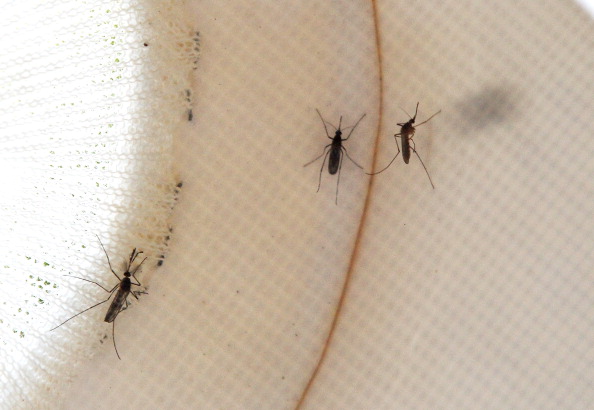
We seem to be inching closer to creating a vaccine for the West Nile Virus.
The National Institutes of Health through its Allergy and Infectious Diseases Department (NIAID) is now moving into another phase of the vaccine trial: human. This means that they will now be looking for volunteers who are willing to be injected with the vaccine.
This is after the vaccine trial on animals turned out to be successful. Lab rats infected with the virus eventually developed an antibody response, which simply means the immune system can already recognize the virus, create antibodies, and attack the threat.
For the clinical trial, they would need at least 50 people who are in generally healthy condition. They will be exposed to the virus and then be administered with the vaccine to determine their immune response. The researchers will be the one to identify who's going to receive a low or high dose of the vaccine. As a control, there will also be a placebo. They are giving themselves until December to come up with the participants.
The vaccine was initially developed by National Primate Research Center, which is part of the Oregon Health and Science University. The NIAID then provided the funding worth $7.2 million in 2009. They have completed their first phase in one of the evaluation units of the NIAID in North Carolina.
Since 1999, West Nile Virus has become a common problem in the United States, especially during the summer. This illness is caused by the viral transmission from an infected mosquito to humans. The mosquitoes, on the other hand, are likely to get the virus from infected birds. According to Centers for Disease Control and Prevention (CDC), at least 70% of patients are asymptomatic. One percent can develop severe symptoms including neurological damage, which may lead to death. The same virus can cause meningitis and encephalitis.
